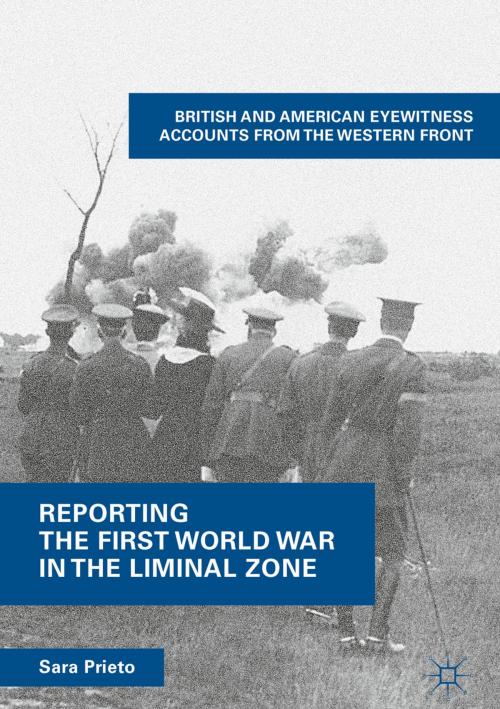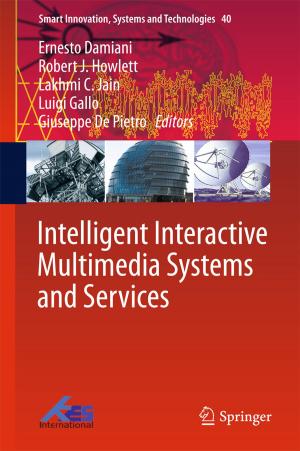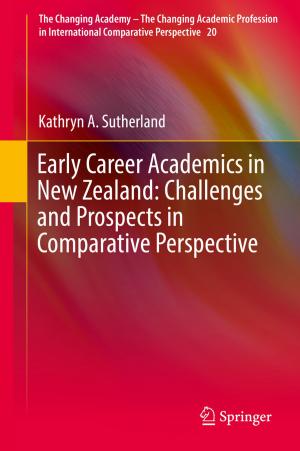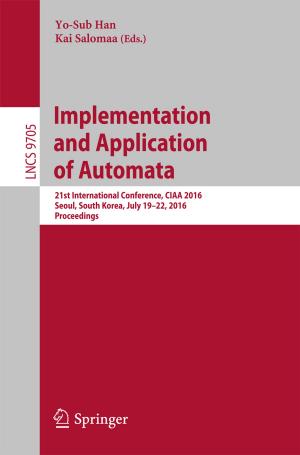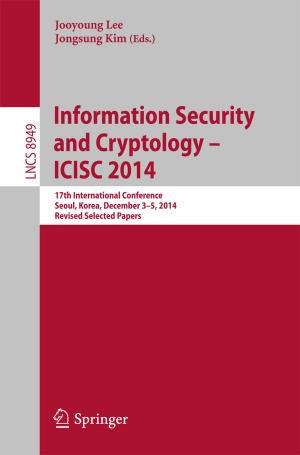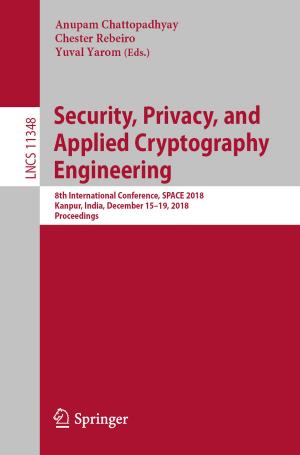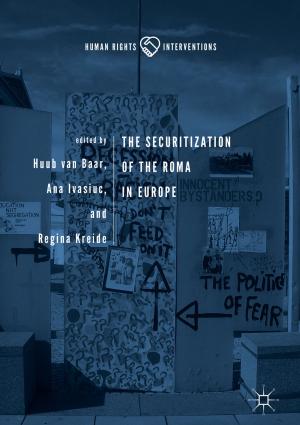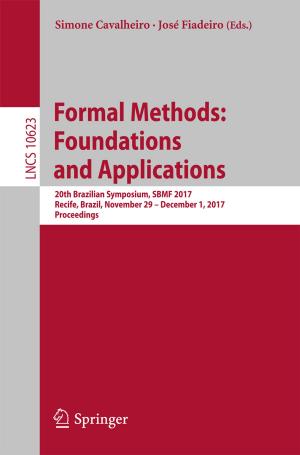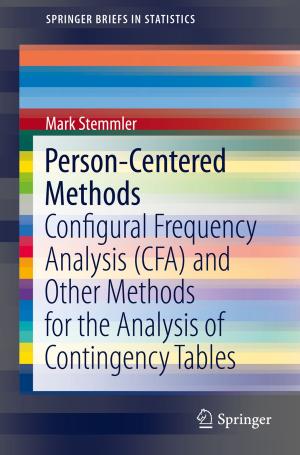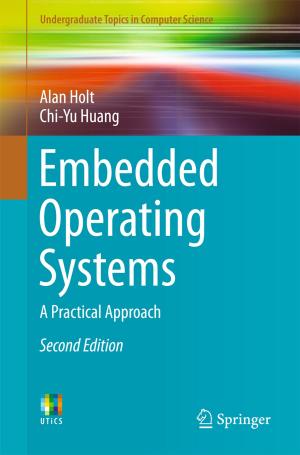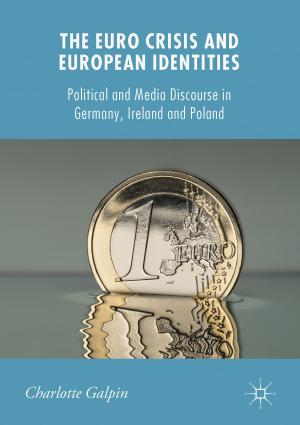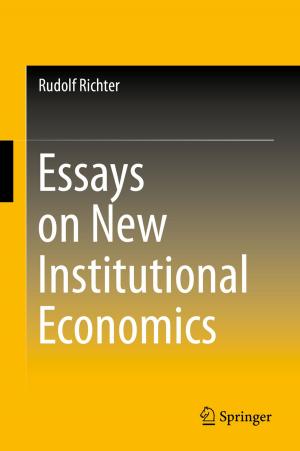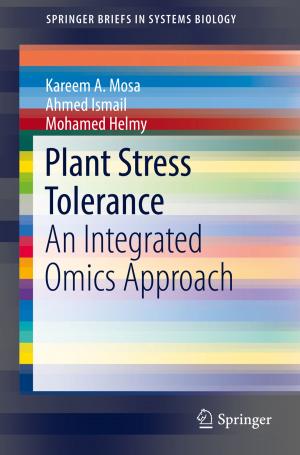Reporting the First World War in the Liminal Zone
British and American Eyewitness Accounts from the Western Front
Nonfiction, History, European General, Americas, United States| Author: | Sara Prieto | ISBN: | 9783319685946 |
| Publisher: | Springer International Publishing | Publication: | February 28, 2018 |
| Imprint: | Palgrave Macmillan | Language: | English |
| Author: | Sara Prieto |
| ISBN: | 9783319685946 |
| Publisher: | Springer International Publishing |
| Publication: | February 28, 2018 |
| Imprint: | Palgrave Macmillan |
| Language: | English |
This book deals with an aspect of the Great War that has been largely overlooked: the war reportage written based on British and American authors’ experiences at the Western Front. It focuses on how the liminal experience of the First World War was portrayed in a series of works of literary journalism at different stages of the conflict, from the summer of 1914 to the Armistice in November 1918.
Sara Prieto explores a number of representative texts written by a series of civilian eyewitness who have been passed over in earlier studies of literature and journalism in the Great War. The texts under discussion are situated in the ‘liminal zone’, as they were written in the middle of a transitional period, half-way between two radically different literary styles: the romantic and idealising ante bellum tradition, and the cynical and disillusioned modernist school of writing. They are also the product of the various stages of a physical and moral journey which took several authors into the fantastic albeit nightmarish world of the Western Front, where their understanding of reality was transformed beyond anything they could have anticipated.
This book deals with an aspect of the Great War that has been largely overlooked: the war reportage written based on British and American authors’ experiences at the Western Front. It focuses on how the liminal experience of the First World War was portrayed in a series of works of literary journalism at different stages of the conflict, from the summer of 1914 to the Armistice in November 1918.
Sara Prieto explores a number of representative texts written by a series of civilian eyewitness who have been passed over in earlier studies of literature and journalism in the Great War. The texts under discussion are situated in the ‘liminal zone’, as they were written in the middle of a transitional period, half-way between two radically different literary styles: the romantic and idealising ante bellum tradition, and the cynical and disillusioned modernist school of writing. They are also the product of the various stages of a physical and moral journey which took several authors into the fantastic albeit nightmarish world of the Western Front, where their understanding of reality was transformed beyond anything they could have anticipated.
